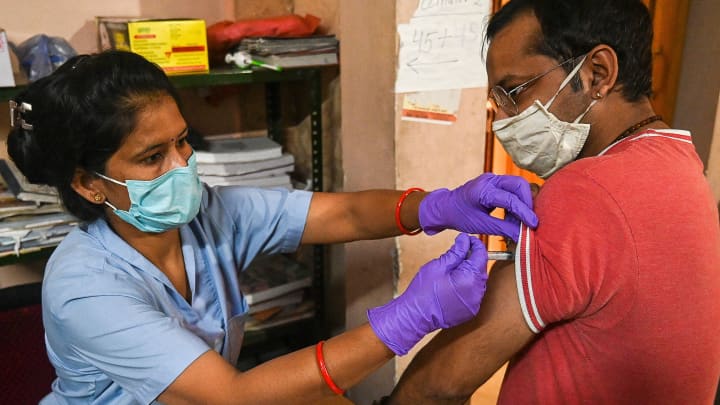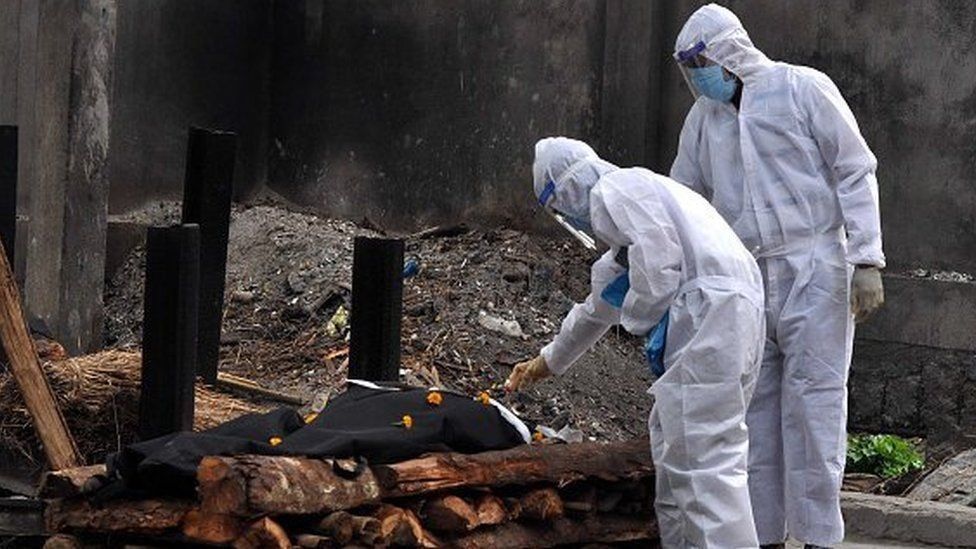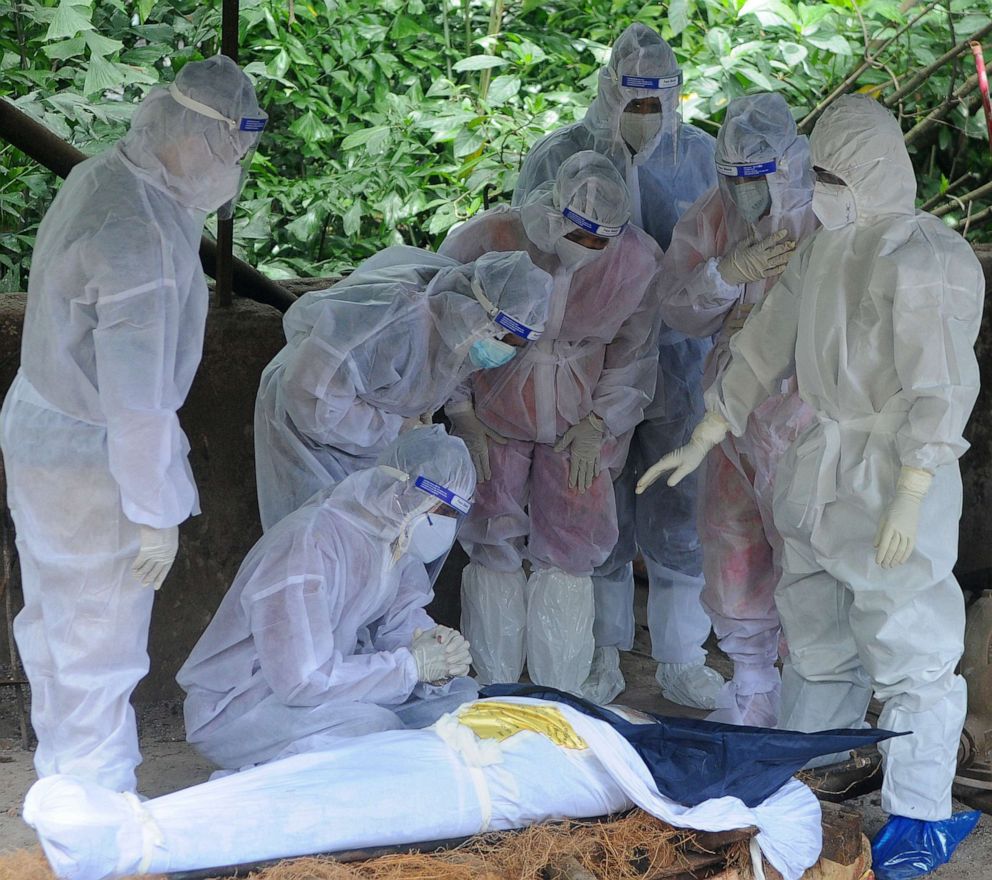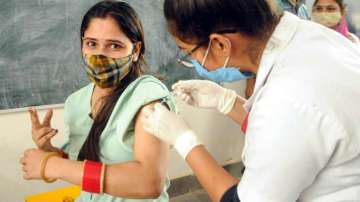- Joined
- Dec 6, 2010
- Messages
- 33,424
- Reaction score
- 5,686
India: Two vaccine doses gave 95% protection from death against Covid-19's Delta variant
Sushmi Dey | TNN | Jul 16, 2021
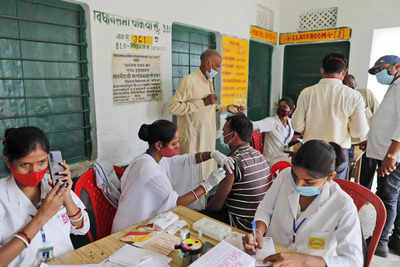
Sushmi Dey | TNN | Jul 16, 2021

NEW DELHI: Two doses of Covid vaccine were successful in preventing 95% of deaths due to Covid-19 during the second wave, whereas deaths were lower by 82% among those inoculated with one dose, the government said citing a study conducted by the Indian Council of Medical Research (ICMR) among more than 1.17 lakh police personnel – who were at high risk of infection - in Tamil Nadu.
The study also assumes significance as it was conducted during the second wave which was mostly driven by the spread of the Delta variant, implying the vaccine is effective against the variant that has been found to be highly transmissible as well as virulent resulting in a large number of deaths during the second wave.
The findings of the study were presented by NITI Aayog member-health Dr V K Paul on Friday reiterating the importance of vaccination in preventing severe infection and deaths.
About 1,17,524 police personnel were analysed for the study out of which those unvaccinated were 17,059, while those who received one dose were 32,792 and those fully vaccinated were 67,673.
The findings of the study show the incidence of death due to Covid-19 was 1.17 per 1000 among those who were unvaccinated, whereas it reduced to 0.21 per 1000 in the group that received one dose of Covid jabs. The death rate dropped to 0.06 per 1000 among people fully vaccinated with two doses of Covid vaccines.
"We would like to reiterate that our vaccines are effective and hugely safe. Pregnant women and lactating women should receive it. Patients with cancer and diabetes are even needier in this requirement and here is real life data to show vaccine effectiveness to prevent deaths is huge," Dr Paul said.
"But we should also remember that not just vaccines but we also need to mask up to prevent infection," he said.
https://m.timesofindia.com/india/tw...a-variant-centre/amp_articleshow/84481507.cms
Last edited:


